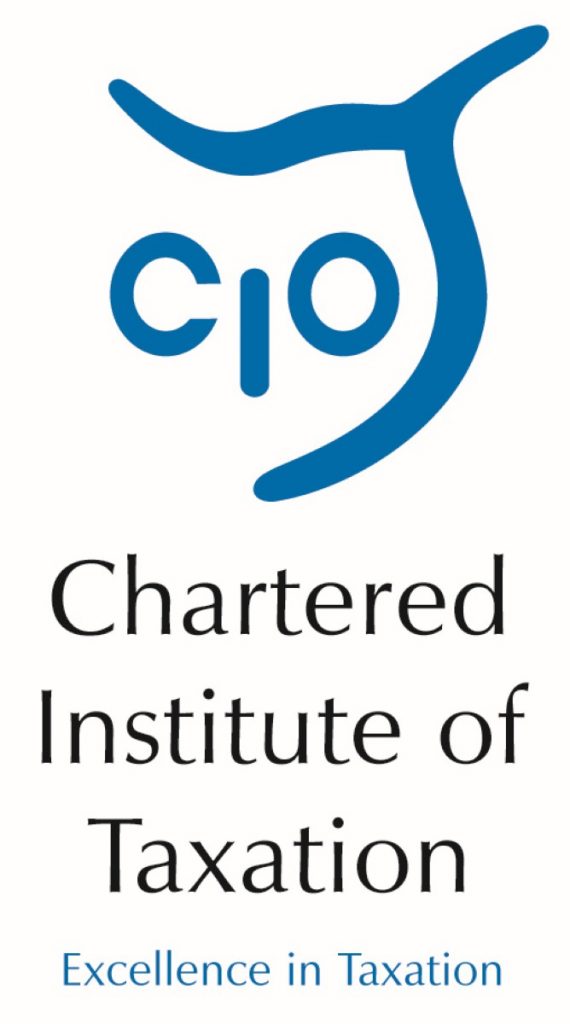The Low Incomes Tax Reform Group (LITRG) is urging tax credit claimants who have submitted estimates of their 2015/16 income to confirm or update their estimates by 31 January to ensure they have received and continue to receive the right amount of support.
While the annual deadline for submitting self-assessment tax returns online on 31 January is well publicised and well known, it is less commonly known that it is also the deadline for those who have so far only submitted estimates of their previous year’s income to the Tax Credit Office, to either confirm their estimate or replace it with actual figures.
Robin Williamson, Technical Director of LITRG, said:
“Anyone who by 31 July 2016 submitted an estimate of their income for the year ended 5 April 2016 has until 31 January this year to confirm it, or substitute the actual amount. If they do not, the estimate they submitted will be treated as their final income figure for the 2015-16 tax year and that amount could prove to be wrong.
“If the estimate was too high, they could lose out on the extra tax credits they could have received had they filed the actual figure by 31 January. Conversely, if the estimate was too low, they risk being overpaid with the complications that causes when the money needs to be recouped.
“That figure could also affect their current year award (2016-17) because tax credits are initially based on previous year income but adjusted for the current year when finalised.
“Most claimants who are now confirming their earlier estimate of 2015/16 income, or filing actual figures to the Tax Credit Office, will be self-employed and may therefore also be required to submit a self-assessment return by the same due date of 31 January. If this is the case, and they have not yet registered for self-assessment, they must do it straight away as we are advised to allow at least ten working days for HMRC to send a username and password.”1
Everyone who claims tax credits has to renew each year. This process involves not only renewing their claim for the current year, but also confirming the amount of the income on which their claim for the previous year should be finalised. The normal deadline for tax credit renewals is 31 July, but claimants who do not know their income for the previous year by then (for example those who are self-employed and have yet to prepare their accounts) can submit an estimated income figure instead. If they do so, they must either confirm the estimate, or file an accurate figure for previous year’s income, by the following 31 January.
Claimants should telephone the Tax Credits Helpline on 0345 300 3900 to report their figures. If they are self-employed, and still need to confirm their trading profit or loss for the year, they should use the same figure as appears on their tax return – unless, exceptionally, they are farmers or creative artists using the averaging calculation for their self-assessment (averaging does not apply for tax credits) or they have other deductions to make, such as trading losses brought forward from an earlier year.
Notes for editors
1. For self-assessment filing, the Chartered Institute of Taxation has published a press release that gives details of how to go about registering and completing a 2015/16 tax return online.
2. Low Incomes Tax Reform Group
The LITRG is an initiative of the Chartered Institute of Taxation (CIOT) to give a voice to the unrepresented. Since 1998 LITRG has been working to improve the policy and processes of the tax, tax credits and associated welfare systems for the benefit of those on low incomes.
The CIOT is the leading professional body in the United Kingdom concerned solely with taxation. The CIOT is an educational charity, promoting education and study of the administration and practice of taxation. One of our key aims is to work for a better, more efficient, tax system for all affected by it – taxpayers, their advisers and the authorities. The CIOT’s work covers all aspects of taxation, including direct and indirect taxes and duties. The CIOT’s 17,600 members have the practising title of ‘Chartered Tax Adviser’ and the designatory letters ‘CTA’, to represent the leading tax qualification.





-01.png)